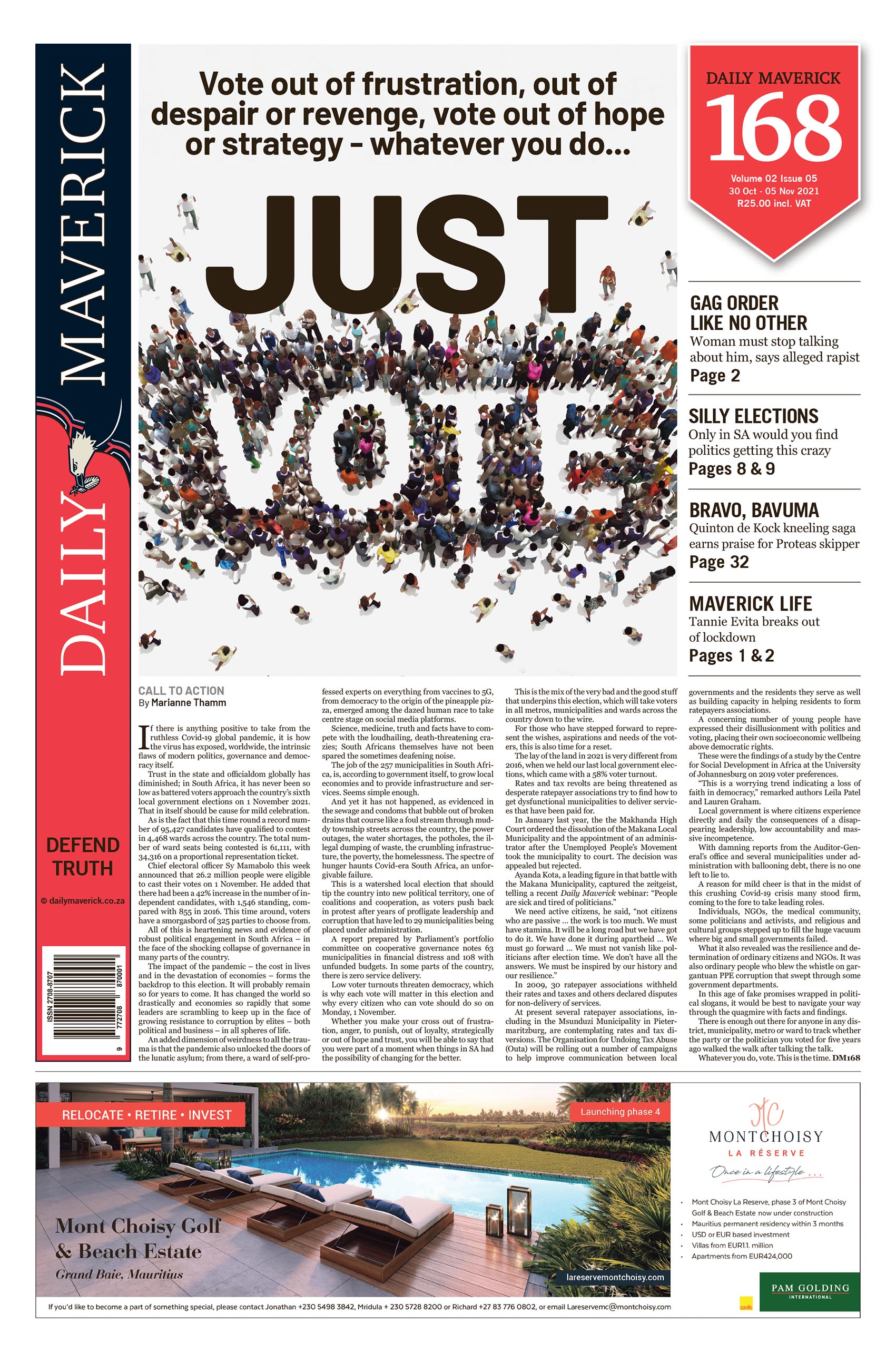PERSONAL FINANCE
How to master Prescribed Minimum Benefits to ensure you get the most out of your medical scheme

There are 271 conditions that are classified as Prescribed Minimum Benefits, which all medical schemes have to cover. It’s important to familiarise yourself with what these are and what you are entitled to.
By law, medical schemes are bound to pay for costs related to 271 conditions and 26 chronic conditions that are classified as Prescribed Minimum Benefits (PMBs). Under the Medical Schemes Act, PMBs include diseases such as tuberculosis and cancer as well as chronic conditions such as asthma, epilepsy and hypertension (high blood pressure).
Medical expenses for these conditions are paid out from the scheme’s combined risk pool and not from your day-to-day benefits or your medical savings account.
The key legal provisions around the funding of PMBs by your medical scheme include:
- Benefit conditions must be paid in full, as per the invoice submitted by your healthcare provider (your doctor, a specialist or a hospital).
- Your scheme is not allowed to use your personal medical savings account to pay for benefit conditions.
- Your scheme is entitled to nominate a designated service provider such as a doctor, pharmacy or hospital as the first-choice provider when you need treatment or care for the benefit’s condition. Read the fine print on your medical scheme documents. If a designated service provider is included under the option you choose, and you then choose to use a doctor or hospital that is not designated, you may end up having to pay a hefty co-payment. If it is an emergency and you have no choice but to use the nearest provider, the scheme may make an exception for this but will request proof that it was, in fact, a medical emergency.
- You usually have to register a chronic PMB condition with your medical scheme before your costs are paid as a PMB benefit. Jeremy Yatt, principal officer of Fedhealth, says you would typically have to submit information such as the name of your doctor; the doctor’s practice number; the correct diagnosis or ICD-10 code; the name of the medication you require; as well as the strength of the medication and the directions for use (how much medication you need in a single dose and how often you should be taking it).
The one exception where you may not have to formally register your condition as a PMB would be if you test positive for Covid-19. After Covid-19 was declared a national disaster in March last year, the Council for Medical Schemes added Covid-19 to the PMB list. That means if you test positive, your medical scheme will pay in full for:
- All consultations;
- All clinically appropriate diagnostic tests;
- All clinically appropriate medication; and
- Costs of hospitalisation including all complications and rehabilitation.
By 26 October, South Africa had just more than 2.9 million positive Covid-19 cases and had administered 21.72 million vaccinations.
According to the Council for Medical Schemes, expenditure on PMBs usually increases with medical scheme members aged 40 and older and then starts becoming significantly more expensive from the age of 59 and older.
The council’s industry report released earlier this month shows that the average PMB expenditure in 2020 was R866.02 per beneficiary a month.
Hypertension (high blood pressure), hyperlipidaemia (high cholesterol) and Type 2 diabetes mellitus are the three most prevalent chronic PMB conditions across all medical schemes.
Yatt says 19.7% of Fedhealth’s beneficiaries registered with high blood pressure, 11.1% with high cholesterol and 8% with Type 2 diabetes in the past year.
Ettie da Silva, principal officer of Medihelp, points out that for some conditions such as high blood pressure and asthma, you may not need to provide additional motivations or supporting documents.
“However, for high cholesterol, you might have to submit a copy of lipogram values or a pathology report. If you need chronic medication, such as an asthma pump, there are usually no limits on this, but your scheme may require that you use a generic equivalent of the medication or that you must buy the inhaler from a particular pharmacy network that the scheme has negotiated preferential rates with,” she says.
If you then choose to use a more expensive inhaler or a different pharmacy, you will most likely have to pay a co-payment out of your own pocket.
Da Silva says Medihelp has its own pharmacy benefit-management system. If the scheme receives a claim for an original medicine item for which a generic equivalent is available, the system automatically sends you an SMS to let you know that a generic option is available.
Generic medication has the same active ingredient as the original medication product and is usually much cheaper, saving you money. “We have seen that 83.8% of our members have opted to use the generic medication since January this year,” she says.
Celeste du Plessis, head of the benefits unit at Discovery Health, says once a condition has been approved by the scheme as a chronic illness benefit, the authorisation for your medication remains in place until it changes or expires, you stop claiming or your membership is terminated.
Damian McHugh, head of Momentum Health Solutions, notes that chronic benefits accounted for less than 10% of Momentum Medical Scheme’s overall membership.
“This is significant as Momentum Medical Scheme is tracking much lower than the 16 to 20% industry norm, in terms of chronic prevalence. Some medical schemes are tracking at more than double that. We attribute our figures to the younger profile of the scheme and are pleased to note that 90% of our members use generic medicines.”
One grey area that has remained since PMBs were first introduced more than 20 years ago concerns medical emergencies. Problems may arise when something that appeared to be an emergency is diagnosed and then found to be a non-emergency.
In this case, your scheme can decline payment for consultations in hospital emergency rooms, leaving you to foot the bill. DM168
This story first appeared in our weekly Daily Maverick 168 newspaper which is available for R25 at Pick n Pay, Exclusive Books and airport bookstores. For your nearest stockist, please click here.





















 Become an Insider
Become an Insider
Thank you Neesa.
The consumer needs to be made aware that often, their medical aid is paying for ACUTE PMB conditions from their savings instead of from the Medical Aids Risk benefit : eg. Ear Infections or Gastric ulcers that bleed (The endoscopy and costs related are all PMB!).
The Council for Medical Schemes (CMS) has not defined a Rand value or number of visits for Chronic PMB conditions and medical aids often determine this. eg. a medical aid may only allow 2 chronic visits from the Risk benefit, and thereafter use member savings.